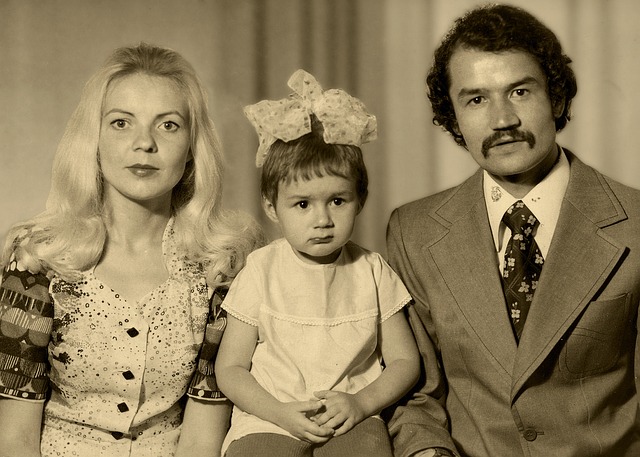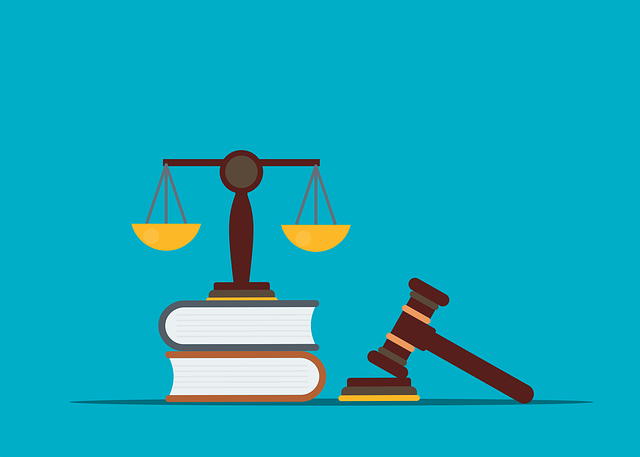In Oregon, parental rights are protected by a robust legal framework that balances child welfare with family integrity. Both biological and adoptive parents enjoy legal guardianship, making crucial decisions about healthcare, education, and religion. Courts may intervene if neglect or unsafe home conditions are suspected. Parents have due process rights, including notice of investigations, access to case records, and attendance at hearings. They can challenge unfair actions, present evidence, call witnesses, and cross-examine testimonies to preserve their parental roles. Understanding these rights is essential for navigating the complexities of Oregon's child welfare system.
In Oregon, understanding and protecting parental rights is paramount in child welfare cases. This overview aims to guide parents navigating the complex landscape of Oregon’s parental rights laws. From initial child welfare involvement to due process considerations and legal proceedings, this article delves into the steps necessary to preserve parental rights. By exploring key aspects such as notice, representation, and court involvement, families can better comprehend their rights and ensure a fair process during challenging times.
- Understanding Oregon's Parental Rights Laws
- Child Welfare Involvement and Parental Due Process
- Preserving Parental Rights During Legal Proceedings
Understanding Oregon's Parental Rights Laws

In Oregon, parental rights are protected by a robust legal framework designed to maintain family integrity while ensuring the well-being of children. Understanding these laws is crucial for parents navigating child welfare proceedings. The state recognizes both biological and adoptive parents as legal guardians, with corresponding rights and responsibilities. These include the right to make significant decisions regarding a child’s healthcare, education, and religion, among others.
Parental rights in Oregon are balanced against the best interests of the child principle. While parents have legal protections, the court may intervene if there is evidence of neglect, abuse, or failure to provide a safe and stable home environment. Knowledgeable legal counsel is often recommended to help parents navigate these complex matters, especially during challenging times when family dynamics are in flux.
Child Welfare Involvement and Parental Due Process

When child welfare services become involved, it’s crucial for parents in Oregon to understand their parental rights. Due process is a fundamental aspect of the system, ensuring that parents are treated fairly and have the opportunity to participate actively in any decisions affecting their children. This includes the right to be informed about investigations, access to case records, and the ability to request and attend hearings.
Oregon’s child welfare system aims to balance the protection of vulnerable children with preserving family relationships. Parents have the right to challenge any actions they believe are unfair or inaccurate, and to seek legal counsel throughout the process. Knowing and exercising these rights is essential for parents to navigate the complexities of child welfare involvement effectively and to protect their parental roles.
Preserving Parental Rights During Legal Proceedings

In Oregon, preserving parental rights during legal proceedings is a critical aspect of the state’s child welfare system. Parents have the right to actively participate in decisions affecting their children and to be informed about any actions taken by Child Welfare Services (CWS). This includes the right to receive notice of all hearings, inspections, and other communications related to their case.
Parental rights in Oregon are also protected by the state’s legal framework. Parents can challenge any decisions they believe infringe upon their rights, such as temporary custody placements or termination of parental rights proceedings. They have the opportunity to present evidence, call witnesses, and cross-examine those who offer testimony against them. Ensuring these rights are upheld is vital for maintaining a balance between child safety and family integrity throughout legal processes involving Oregon child welfare.






